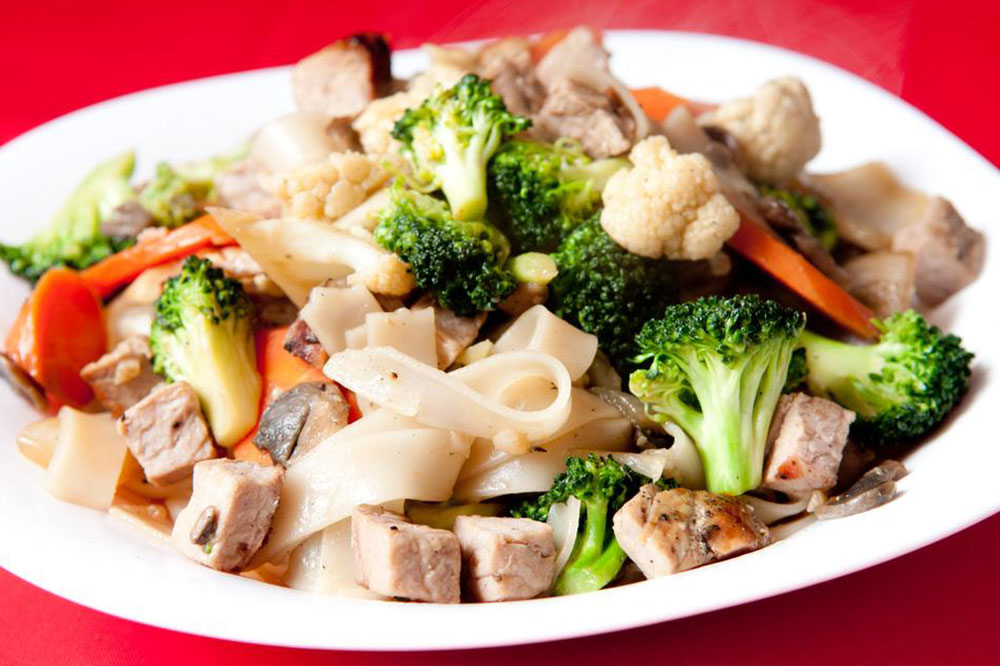
5 Foods That Should be Avoided by IBS Patients
Irritable Bowel Syndrome (IBS) is the most common and re-occurring gastrointestinal disorder worldwide. The number of annual visits to the doctor for IBS has been estimated to be somewhere between 2.4 and 3.5 million in the country. Even though this disorder is not life-threatening, it can create havoc in a person’s daily life at work or home. This disorder can be prevented by understanding the key food triggers and avoiding them from the diet. Here are the major foods and food groups that have to avoided to prevent IBS.
Caffeine
For most people in the country, a cup of morning Joe is all that is needed to get their day started. However, caffeine does not just stimulate the brain, but also the intestine, thus leading to diarrhea. Replacing coffee or tea with warm water or herbal tea can help improve the digestive system.
Dairy
Dairy products, including milk, cheese, yogurt, butter, and many such foods have fat and lactose, which are known to trigger IBS. Fat increases the symptoms of IBS and makes digestion difficult. So, choosing low-fat or no-fat dairy products might make a difference. Most people with IBS are lactose intolerant, which makes it difficult for them to consume any food with dairy products. In such cases, choosing almond milk, or soy cheese, or tofu can help prevent IBS.
Insoluble fiber
Foods such as bran, whole grains, beans, lentils, corn, kidney beans, turnips, peas, and okra are insoluble fibers. They are an essential part of a healthy diet. They attract water and make stools softer to pass through; however, in the case of IBS, they cause bloating and produce gas. Feeling of discomfort arises when consumed even a bit more than normal.
Processed foods
Many people are not aware of the additives, and preservatives added to processed foods. Processed foods such as chips, pre-cooked frozen meals, canned veggies, or any kind of fried or fatty packaged food contains chemicals that can trigger IBS flare-ups and cause discomfort once the food is in the system. Freshly cooked food from fresh ingredients is the best option for these processed and packaged foods. If unable to cook, choosing fruits or fresh salad that improve digestion is best for the bowels.
Sweeteners
Artificial sweeteners such as sorbitol, maltitol, mannitol, isomalt, and xylitol, which are used in candies, gums, and many other packaged food products, are known to trigger IBS. However, it is also quite important to note that refined sugar and other natural sweetness, such as honey and molasses, when consumed more can trigger IBS. The best solution would be to consume refined sugar in moderation and choosing natural alternatives such as maple syrup and golden syrup when honey causes IBS.
Alcohol
Alcohol is one of the major triggers for IBS due to the presence of sugar or gluten or both. As alcohol also dehydrates the bowels and liver, it might lead to diarrhea or constipation. Regular consumption of alcohol disrupts the digestive routine and causes bloating in the stomach. Choosing gluten-free beer or a natural alcoholic drink with no artificial sweeteners or added sugar can serve to be a good alternative.


